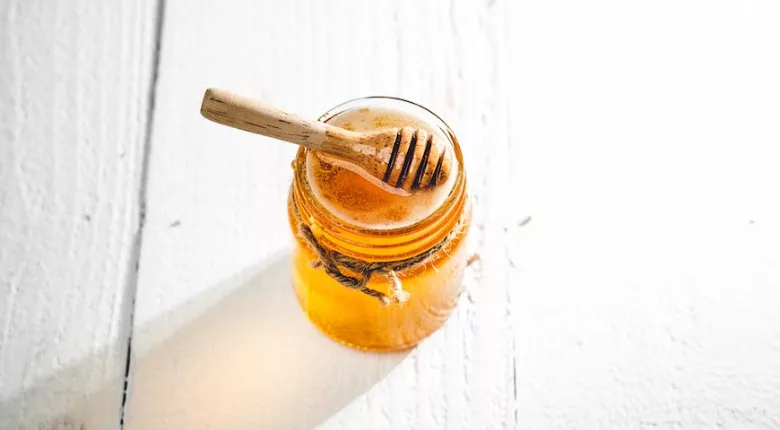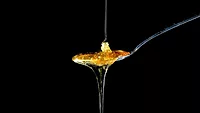UK Develops Protocol for Collection of Honey Reference Samples for Better Authenticity Databases

Image credit: Art Rachen via Unsplash
A protocol for the collection of honey reference samples for the creation of authenticity databases has been developed by the UK Government. The first-of-its-kind protocol describes a process for obtaining reference samples at different points in the honey supply chain, and specifies what associated records, documents and other considerations are necessary for a sample to be deemed acceptable for inclusion in a honey authenticity database.
Honey is a natural, complex mixture of different sugars produced entirely by bees. There are strict laws in place that set high standards for the composition and labeling of honey products on sale in the UK.
Products that declare a premium status, have a high price by weight, have complex supply chains, or are subject to a spike in demand, can be particularly vulnerable to fraudsters. Honey is a globally traded,-high value commodity with very long complex supply chains. It is a food that is most commonly reported as being adulterated, mainly by the addition of cheap sugar syrups.
Numerous analytical methods are used for the assessment of honey authenticity, comprising both single analyte methods and multi-analyte screening procedures. The interpretation of analytical data relating to the assessment of an unknown honey sample for authenticity relies on comparison with existing reference sample data held typically within commercial reference databases. Interpretations made by laboratories can differ, often due to the use of different reference databases, which can cause confusion regarding the authenticity of the test sample. Therefore, it is essential that the homogeneity, integrity, and provenance of honey reference samples used to compile authenticity databases can be assured and that the databases have a defined scope, sufficient transparency, and are fit-for-purpose.
To build trust in databases, it is essential that “authentic” reference samples are defined and collected according to an agreed protocol, ideally by third parties that are independent of the database owner. Until now, no such protocol has been published for honey. The UK Government hopes the new protocol will help in standardizing how authenticity databases are built and curated and will lead to more trust.
The UK Government Chemist, the UK Department for Environment, Food and Rural Affairs (DEFRA), the Food Standards Agency (FSA), and Food Standards Scotland (FSS) have a significant program of work devoted to honey authenticity. Their aim is to engage and work with the honey community including researchers, enforcers, industry, and international bodies to improve current authenticity testing methods.
Looking for quick answers on food safety topics?
Try Ask FSM, our new smart AI search tool.
Ask FSM →









